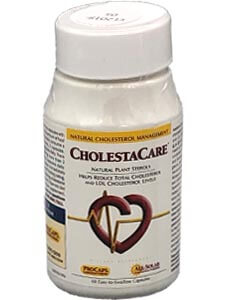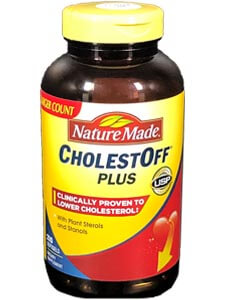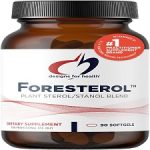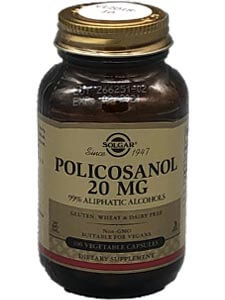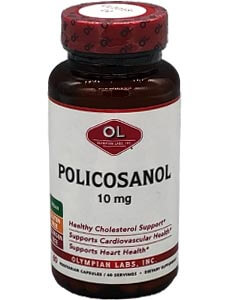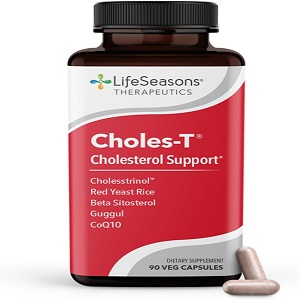Cholesterol-Lowering Supplements
(Sterols/Stanols and Policosanol)
The Best Cholesterols
Cholesterol-Lowering Supplements Review: Sterols/Stanols and Policosanol
Cholesterol-lowering supplements like sterols/stanols and policosanol are often used to manage blood cholesterol levels and support heart health. Here’s a brief overview of each:
Sterols and Stanols:
- Sterols and stanols are plant-derived compounds that have a chemical structure similar to cholesterol. They are found in small amounts in fruits, vegetables, and seeds.
- These compounds can help reduce LDL (bad) cholesterol by blocking the absorption of cholesterol in the intestines.
- Clinical studies suggest that consuming about 2 grams of sterols/stanols per day can reduce LDL cholesterol by up to 10%.
- They are commonly added to fortified foods like margarines, spreads, and beverages.
Policosanol:
- Policosanol is a supplement made from the waxy coating of sugarcane or rice. It is believed to help lower LDL cholesterol and increase HDL (good) cholesterol.
- Research on policosanol is mixed, with some studies showing positive effects on cholesterol, while others find minimal or no impact.
- Its mechanism of action is thought to involve improving liver function and reducing cholesterol production.
Sterols/stanols are well-supported by research as effective tools for managing cholesterol, especially when combined with a healthy diet. Policosanol, while promising, requires more robust evidence to fully confirm its efficacy. Always consult a healthcare provider before starting any supplementation regimen.
Make sure you're choosing the best sterol or policosanol supplements approved in our tests and from users testimonials.
Usage and Safety Considerations
Both sterols/stanols and policosanol are generally considered safe when taken in recommended amounts. However, some factors should be considered before incorporating them into a daily routine:
Sterols/Stanols:
- Dosage: The typical recommended intake is 1.5 to 2.5 grams per day.
- Possible Side Effects: In some cases, sterols and stanols may reduce the absorption of fat-soluble vitamins such as vitamins A, D, E, and K. It is advisable to ensure adequate intake of these vitamins if using sterol/stanol supplements regularly.
- Suitability: They are particularly beneficial for individuals with high LDL cholesterol but should be used as part of an overall heart-healthy lifestyle.
Policosanol:
- Dosage: Common doses range from 5 to 20 mg per day, though exact recommendations vary.
- Possible Side Effects: Some users may experience mild side effects such as headaches, dizziness, or digestive issues.
- Interactions: Policosanol may have blood-thinning effects and could potentially interact with anticoagulant medications, increasing the risk of bleeding.
Effectiveness Compared to Conventional Treatments
While sterols/stanols have strong scientific backing for cholesterol reduction, they should not replace statins or other prescription medications for those with significantly high cholesterol or cardiovascular risk. Instead, they can be used as a complementary approach alongside dietary changes, exercise, and medical treatments.
Policosanol, on the other hand, lacks consistent clinical evidence to support its widespread use, making it less reliable compared to sterols/stanols and prescription options.
Final Thoughts
For individuals looking for natural ways to manage cholesterol, sterols/stanols are a well-supported option with proven benefits. Policosanol may be considered as a supplementary approach but requires further research to confirm its effectiveness. Regardless of the supplement chosen, a balanced diet, regular exercise, and professional medical advice remain key to maintaining healthy cholesterol levels.
admin
Leave a Replay
About Me
Lorem ipsum dolor sit amet, consectetur adipiscing elit. Ut elit tellus, luctus nec ullamcorper mattis, pulvinar dapibus leo.
Recent Posts
Follow Us
Weekly Tutorial
Sign up for our Newsletter
Click edit button to change this text. Lorem ipsum dolor sit amet, consectetur adipiscing elit

